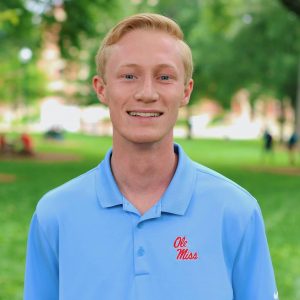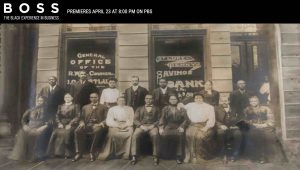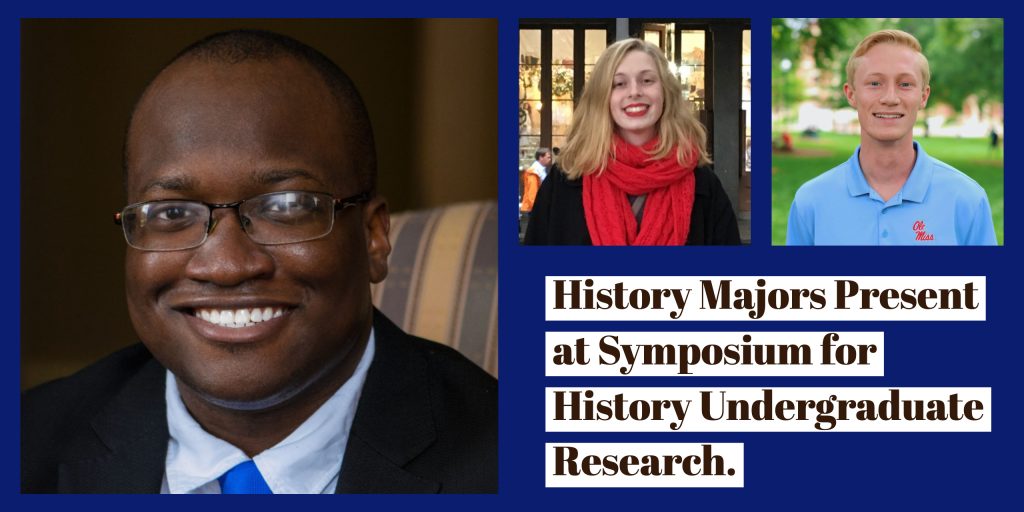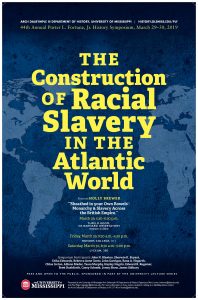
Kelly Houston, administrative coordinator for the Arch Dalrymple III Department of History, has been selected as Staff Council’s Staff Member of the Month for April. To help us get to know her better, she answered a few questions for Inside Ole Miss.
IOM: How long have you worked at Ole Miss?
Houston: It will be nine years this summer.
IOM: What is your hometown?
Houston: Klein, Texas
IOM: Talk about your favorite Ole Miss memory.
Houston: I created the University of Mississippi Working Mothers Support Network in April 2016. I can still remember vividly the people sitting around the table in Lyceum 200 at our first meeting. It was amazing to be talking with women from different positions in all areas of campus who were facing, or who had faced, similar hardships as working moms.
I have formed friendships with many of the women that I may not have met outside of the group. I am proud of the work we continue to do to try to make the campus more family-friendly, but I will always remember that first meeting fondly.
IOM: What do you enjoy most about your position or the department in which you work?
Houston: Absolutely it is the people I interact with. From day one, I have felt that the members of the Arch Dalrymple III Department of History have supported me not only as an employee and colleague, but also as a person. Some of the most generous people on campus work, or worked, in the history department. They are giving in their voice, actions and materials.
I appreciate the ways they have embraced me and encouraged me to grow. I also get to work with wonderful people in other departments on campus. Some I only know by phone or email, but they still manage to bring a smile to my face.
IOM: What do you like to do when you are not at work?
Houston: Most of my time away from work is spent building houses with my husband or at FNC Park watching our 7-year-old play soccer, baseball and flag football. In my free time, I enjoy cooking, gardening and getting together with the families in our neighborhood.
IOM: What is one thing on your bucket list?
Houston: I would love to take a European vacation with my husband and kids.
IOM: What is your favorite movie?
Houston: I tend to only watch movies with my kids these days. Some of my favorites to watch with them are “The Sound of Music,” “Beauty and the Beast” and “Toy Story.”
IOM: What is your favorite Ole Miss tradition?
Houston: I love watching the band and the cheerleaders perform in the Grove before they head to the stadium.
IOM: What is a fun fact about you?
Houston: I was an extra in the movie “Tin Cup.”
IOM: If you could have lunch with anyone alive or dead/fictional or real, who would it be and why?
Houston: I would love to have lunch with my grandparents so I could share with them the joys of their great-grandchildren.
IOM: What are three words you would use to describe yourself?
Houston: Empathetic, tenacious, happy
IOM: If you could visit one time or place in world history – past, present or future – what would it be?
Houston: I would love to revisit my wedding day. It was such a happy day surrounded by our closest friends and family. It would be fun to celebrate with them again.
IOM: If I could be an animal for a day, I would be _____ .
Houston: A manatee. I wouldn’t mind relaxing in some warm Florida water right now.
To nominate a colleague for Staff Member of the Month, email staffcouncil@olemiss.edu with the name of the individual you’d like to nominate as well as why you feel he or she should be recognized.
 Joshua Howard, Croft Associate Professor of History and International Studies, has received a residential fellowship at the School of Historical Studies at the Institute for Advanced Studies for the 2019-2020 academic year.
Joshua Howard, Croft Associate Professor of History and International Studies, has received a residential fellowship at the School of Historical Studies at the Institute for Advanced Studies for the 2019-2020 academic year.









